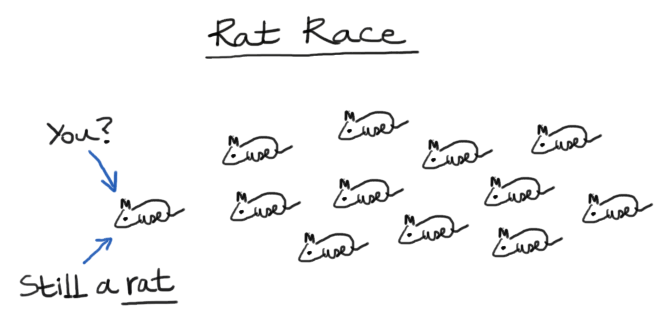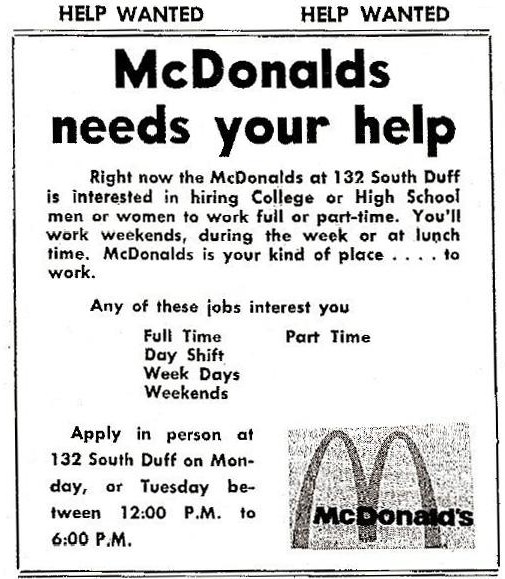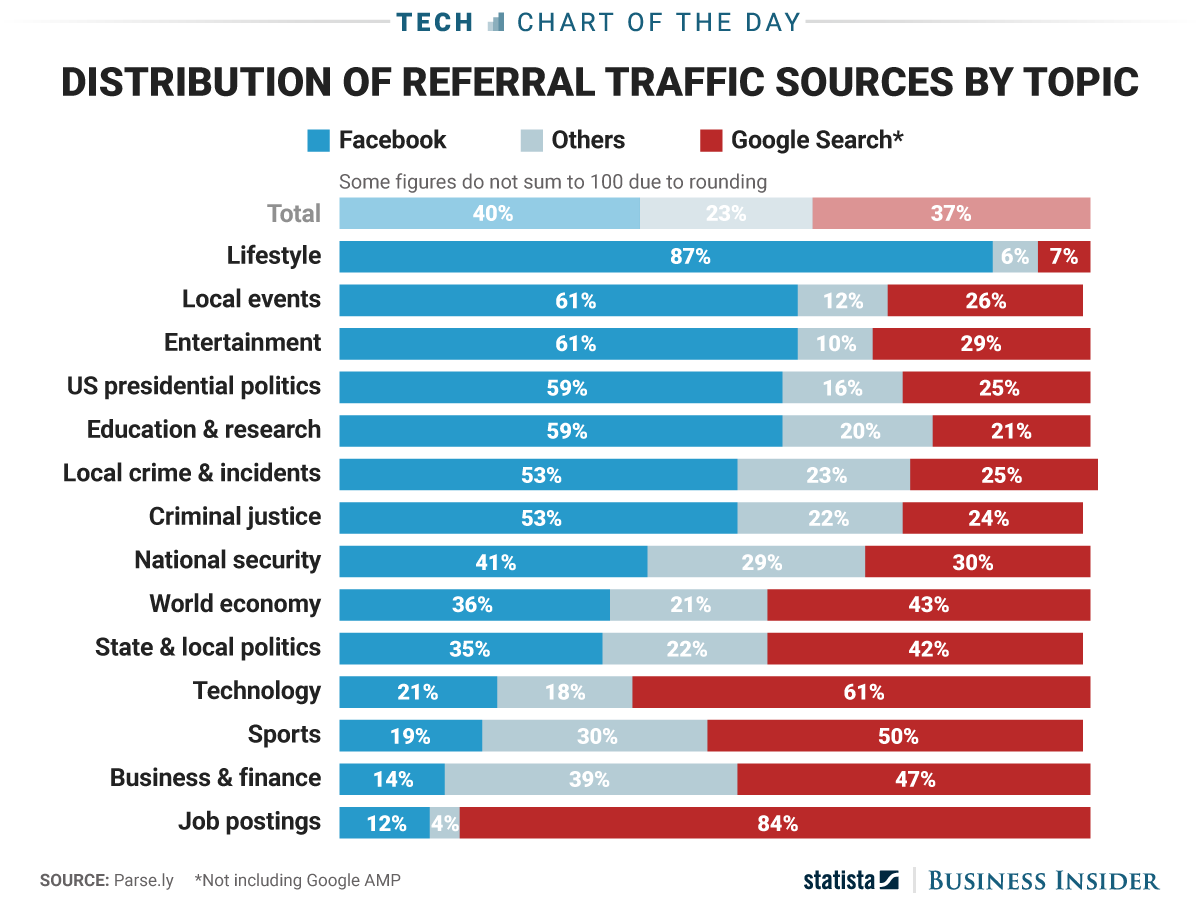How important is knowing the product for a new hire?
I riffed yesterday about how JetBlue is leaning into a pretty serious shortage of pilot candidates by expanding the talent pools and significantly increasing their investment in training and development in order to essentially 'build' the candidates they are having trouble finding otherwise. And while 'airline pilot' seems like one of the last kinds of job ads you'd see with a 'no experience required' listed in the job req, JetBlue is trying to make it work in order to meet their recruiting goals.
I thought about that case study/experiment again this morning when I saw the announcement of the newest appointee to the Twitter Board of Directors, (not quite having the responsibility of an airline pilot, but hang in their with me for a minute). Turns out the newest member of Twitter's board is not really a user of Twitter.
From a piece in Business Insider titled Ex-Google CFO Patrick Pichette is joining Twitter's board, and he just tweeted for the first time:
Twitter's board is swapping Pepsi CFO Hugh Johnston for ex-Google CFO Patrick Pichette.
Johnston is leaving Twitter to join Microsoft's board, he said in a series of tweets Tuesday. Pichette is joining Twitter's board after retiring as Google's CFO in 2015 and completing a two-year sabbatical.
Interestingly, Pichette doesn't seem to be much of a Twitter user. His account says he joined the service in February 2017 and his first tweet was published Tuesday announcing his appointment to the board
Ok, so the dude was a successful C-suite exec, had a high-profile gig at one of the world's most admired companies, and then cashed out to take two years having fun and whatever it is people with lots of cash and time on their hands like to do. He didn't have time to Tweet at all, but then again, being CFO of Google probably consumes a ton of time and energy and those two-year sabbaticals can be exhausting. I mean, just think about how you feel after your two-day sabbatical at the end of every week. Then multiply that feeling by 350 or so.
But I digress.
The point is the newest member of the Board of Directors for Twitter, a company that has been around for a decade, and for better or worse, has been a pretty significant influence on news, politics, social causes, and more for most of that time, has never really used Twitter.
I would imagine in the last ten years there must have been a time or two where Mr. Pichette at least considered setting up a Twitter account and testing out the product/service and each time decided, 'That's not really for me.'
Which is certainly his prerogative. I imagine there are lots of successful, accomplished, smart types who have decided not to engage on or otherwise use Twitter. But usually those kinds of people don't get appointed to executive or board-level roles on Twitter. And this isn't a knock on Mr. Pichette and his ability to do a great job on Twitter's board. His CFO experience might be just what Twitter needs right now.
But just like the JetBlue story, the appointment of Pichette, seemingly a person who does not know all that much about the product of Twitter to the Board speaks to the increasing importance in tightening labor markets of taking a more expansive view of the addressable talent pools.
Train someone to be a commercial airline pilot who has never flown a plane of any kind?
Sure.
Put someone on the Board of Directors of a company who has never used or experienced the product?
Ok.
Hire someone for your next Marketing Manager role who doesn't actually have 'Seven years of progressive experience doing exactly the job we want you to do here in the same industry that we are in?'
Why not?
Have a great day!

 Steve
Steve



